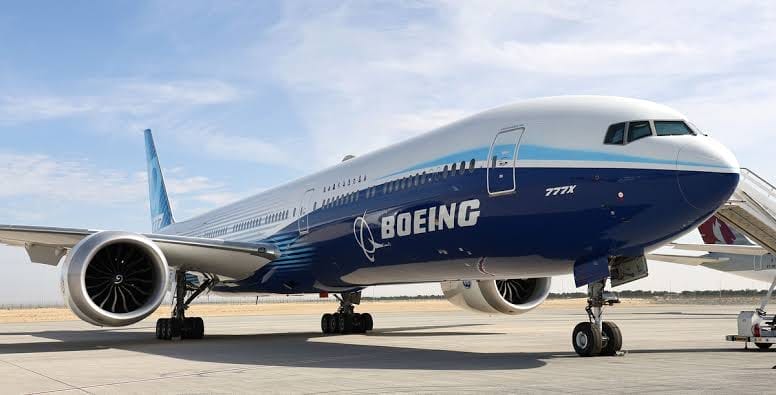Africa’s aviation landscape is entering a new chapter. For decades, American aerospace giant Boeing has enjoyed a dominant position across the continent, supplying roughly 70% of all commercial aircraft in African fleets.
But as the region’s airlines modernize and expand, a new contender is gaining altitude, European manufacturer Airbus.
At the heart of this unfolding shift is Ethiopian Airlines, widely regarded as Africa’s flagship carrier. In late 2023, the airline placed a record-breaking order with Boeing for 31 aircraft, a mix of 787 Dreamliners and 737 MAX jets with options for even more.
The deal underscored Boeing’s continuing relevance on the continent. But behind the scenes, Ethiopian Airlines is also eyeing alternatives. The airline recently confirmed it is reviewing options from both Airbus and Embraer for a fresh order of at least 20 regional jets.
This dual interest is telling. Africa’s aviation market is no longer bound to a single manufacturer. A growing number of airlines are seeking fleet flexibility, efficiency, and cost-effective operations and Airbus is making its case.
TAAG Angola Airlines has already committed to replacing its aging Boeing 737-700s with 15 new Airbus A220s, a smaller aircraft praised for its fuel efficiency and suitability for regional travel. Meanwhile, Air Algérie has opted for a balanced approach, placing orders for both Airbus widebodies, the A330-900 and A350-1000 alongside Boeing’s 737 MAX 9.
Recognizing the changing tide, Boeing has taken steps to reinforce its presence. A new regional office in Addis Ababa, one of Africa’s key aviation hubs will serve to support local customers and strengthen ties with key players.
Boeing remains confident in Africa’s long-term potential, projecting a need for over 1,200 new aircraft by 2043, driven by an estimated 6.4% annual growth in passenger traffic.
Still, the broader picture suggests the skies are opening to real competition. Airbus has outpaced Boeing in global aircraft deliveries in recent years, and its growing footprint in Africa reflects this momentum.
The Airbus A220, in particular, is proving attractive to carriers focused on domestic and regional routes, offering modern comfort and lower costs on shorter runs.
For Africa’s airlines, this new era brings greater choice. With rising demand, fleet renewal needs, and a growing appetite for efficiency, the days of single-manufacturer dominance may be behind us.
Instead, a more balanced market is emerging, one where performance, economics, and after-sales support will determine loyalty.
As Boeing and Airbus continue their quiet tug-of-war over Africa’s skies, the real winners may be the airlines and the millions of passengers they serve.

